Dhaka faced a concerning situation today as it ranked second on the global list of cities with the worst air quality. At 9 am (12th May,2024) this morning, the city recorded an AQI score of 175, indicating 'unhealthy' air conditions.
The air quality index categorizes air conditions based on various factors. When the AQI falls between 50 and 100, it's deemed 'moderate', while readings between 101 and 150 are considered 'unhealthy for sensitive groups'. The range of 150 to 200 is labeled 'unhealthy', with readings above 200 classified as 'very unhealthy' and 301+ as 'hazardous', posing serious health risks.
India’s Delhi claimed the top spot on the list with an AQI score of 195, followed by Dhaka, then Indonesia’s Jakarta at 169, and China’s Wuhan at 145.
The AQI serves as an essential tool for informing people about the cleanliness or pollution levels in their city's air and the potential health risks associated.
Bangladesh's AQI takes into account five pollutants: particulate matter (PM10 and PM2.5), NO2, CO, SO2, and ozone. Dhaka has been dealing with air pollution issues for an extended period, typically worsening during the winter and improving during the monsoon season.
According to the World Health Organization (WHO), air pollution causes around seven million deaths annually worldwide, primarily due to increased mortality from various diseases such as stroke, heart disease, lung cancer, and respiratory infections. Addressing air quality concerns is crucial for protecting public health and mitigating these risks.



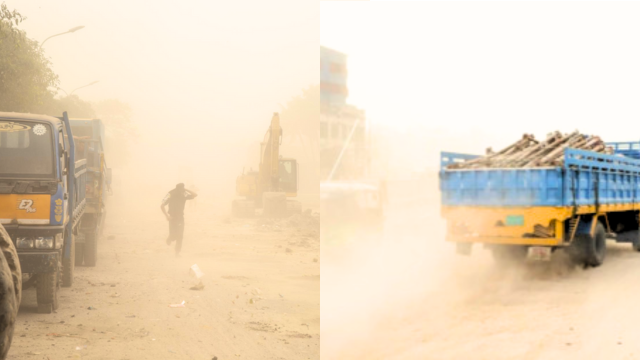



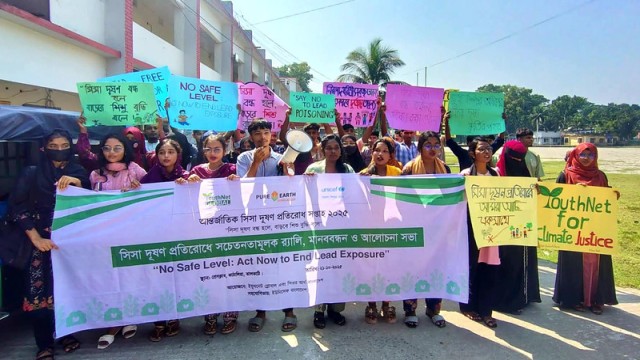
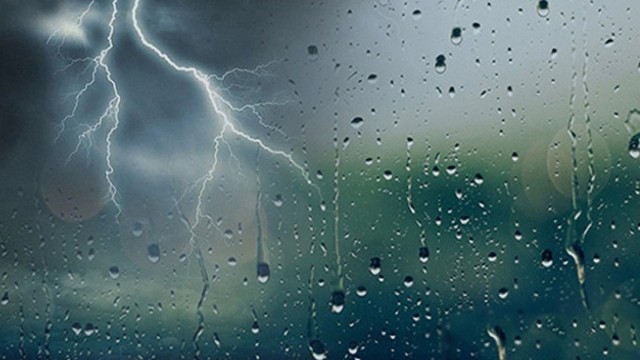

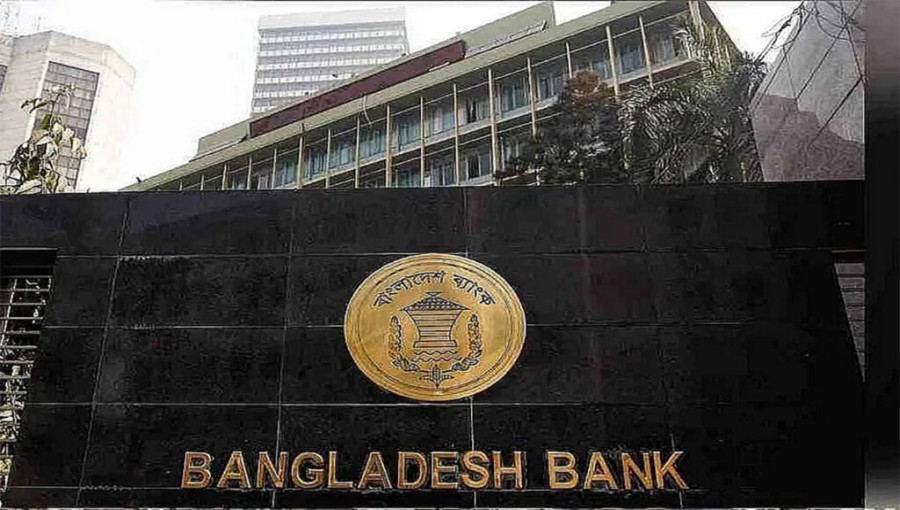

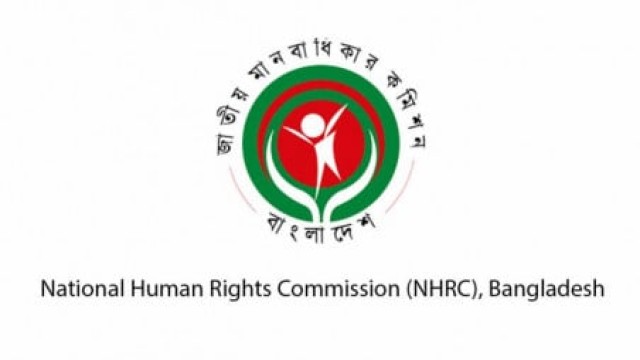

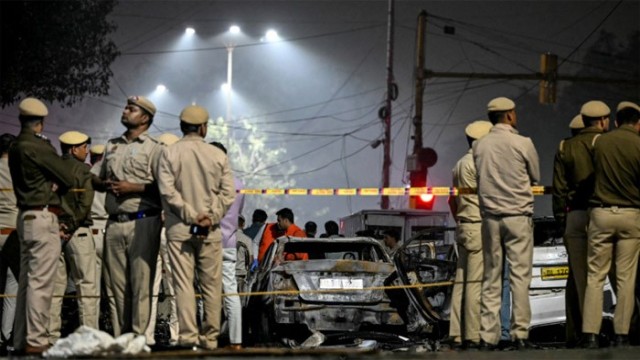

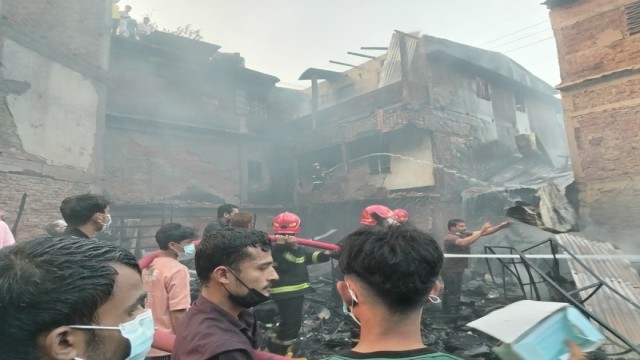

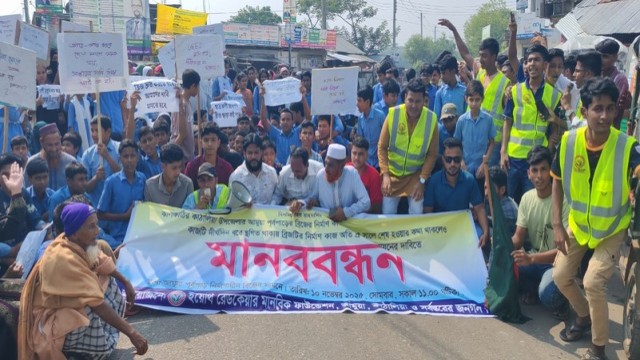
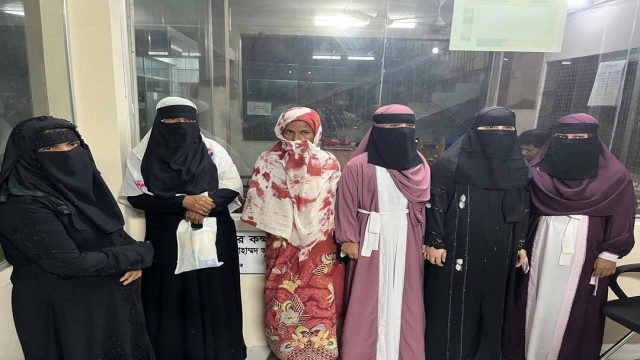











Comment: